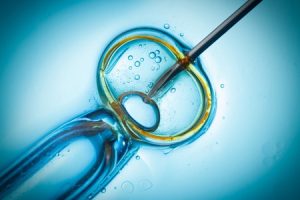
Planning for success – the supplements to focus on and vitamins to take during IVF
If you want to take control of your IVF experience, looking at diet and nutrition is a strong place to start.
Whatever stage you’re at with your fertility, managing your body’s nutrient levels is a gentle yet easily actionable way to boost your chances of success.
Dietary supplements are a billion-dollar industry, but how can they be utilised to improve your fertility journey? Together with world-renowned fertility expert Zita West, we look at exactly what your body needs for optimal fertility, and the supplements, micronutrients and vitamins to take during IVF, to optimise your treatment.
Why take supplements or vitamins for fertility?
The discussion around supplements and fertility is a lively one – some notice dynamic results and won’t go without them, while others prefer to focus on diet (ideally supplementing with folate for good-measure).
There is no one-size-fits-all when it comes to fertility, so the choice is yours. However, if you struggle to get all the vitamins you need from your daily diet, or you live a fast-paced lifestyle and feel like you could do with the extra support, supplements may be a valuable addition to your day-to-day life.
Whatever your approach to diet and/or supplementing, nutrient deficiency can be a barrier to conceiving. And science tells us that deficiencies in certain key nutrients can often be found in those with infertility symptoms.
Supplements are scientifically proven to help at every stage of the IVF process, from egg transfer through to embryo development. So, what are the micronutrients to focus on and vitamins to take during IVF? And what can you do nutrition-wise to prepare your body for IVF, before and during treatment?
What vitamins do I need for IVF?
Vitamins help the body perform its natural functions, including those involved in the reproductive system. When preparing for IVF, taking the right supplements can do a lot to boost the probability of success.
And yes, men can do their part too: sperm count and motility are also dependent on the right balance of nutrients just as egg quality, menstruation and ovulation are.
So, what formulation of vitamins and minerals should you be ideally taking for an optimum IVF transfer? Here’s a rundown of the most IVF-friendly ingredients, and how they can be beneficial for both women and men:
- Folic Acid – generally called Folate (naturally found in leafy green veggies, beans and peanuts):
◦ for women – helps support healthy cell division and protect against abnormalities in a growing embryo
◦ for men – helps reduce chances of erectile dysfunction and may also be linked to sperm count - Omega 3s & Essential fatty acids (EFAs) (found in oily fish, walnuts and chia seeds):
◦ for women – helps create more blood flow to the uterus lining as well as regulating the ovulation process, improving fertilisation & live birth rates
◦ for men – supports sperm production - Zinc (found in meat, fish and seafood, especially oysters):
◦ for women – when paired with folic acid, crucial for supporting hormone processes, egg quality and maturation
◦ for men – helps with sperm production and testicular development - Calcium (found in dairy products and leafy green veggies like kale):
◦ for women – supports reproductive system and embryo development
◦ for men – improves sperm quality - Vitamin D (found in oily fish like salmon and sardines):
◦ for women – encourages ovarian stimulation
◦ for men – boosts sperm motility - Myo-inositol (found in fruits, nuts and pulses):
- ◦ for women – boosts egg quality and number, supports the ovulation process and embryo development
◦ for men – improves sperm motility - Co-enzyme Q10 (an antioxidant naturally found in whole grains and oily fish like salmon):
◦ for women – protects cells from dangerous free radicals and improves egg quality
◦ for men – improves sperm count and motility - Vitamin E (found in a range of foods including sunflower seeds, almonds, red peppers and onions):
◦ for women – can help the egg attach to the uterine lining and acts as an antioxidant to prevent cells from damage
◦ for men – protects the sperm from damage as well as improving motility - Magnesium (found especially in dark green, leafy vegetables like kale, as well as whole grains and nuts):
◦ for women – helps regulate hormone levels for ovulation and ensuring healthy flow of blood to the uterus
◦ for men – supports sperm motility and count
Together these vitamins and minerals make up a naturally-occurring support system for you and your partner’s fertility journey. High-quality supplements, such as Zita’s Vitafem women’s supplement, gives you the exact nutrient combination you need and, most importantly, in the right doses. This gives you more time, and headspace, to get on with other aspects of your fertility journey.
Note: do keep in mind that supplements are just that – they should never be used as a replacement for a healthy, balanced diet. If in doubt about your own nutritional goals pre- or during IVF, we’d recommend speaking to your doctor.
Your go-to fertility supplements
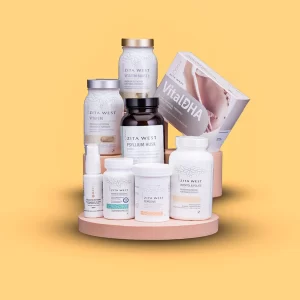
IVF Ultimate Female Support Pack
Zita West’s product range is the result of extensive clinical experience, designed to support each stage of preconception, treatment and pregnancy with specific micronutrient formulation.
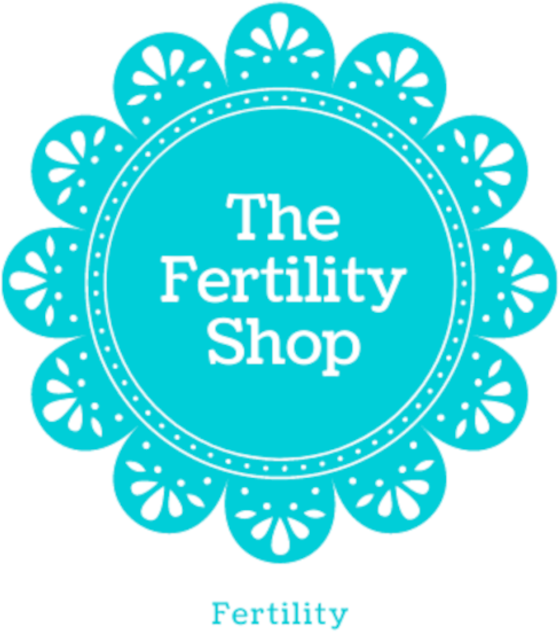
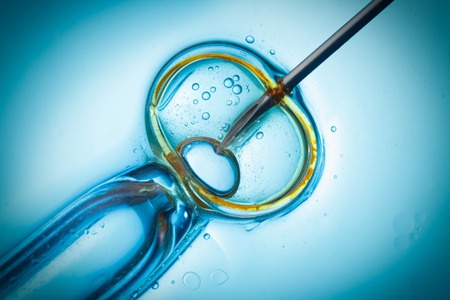

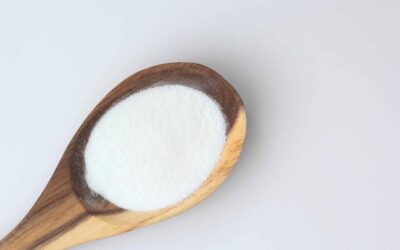

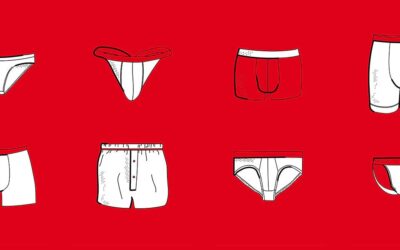
0 Comments